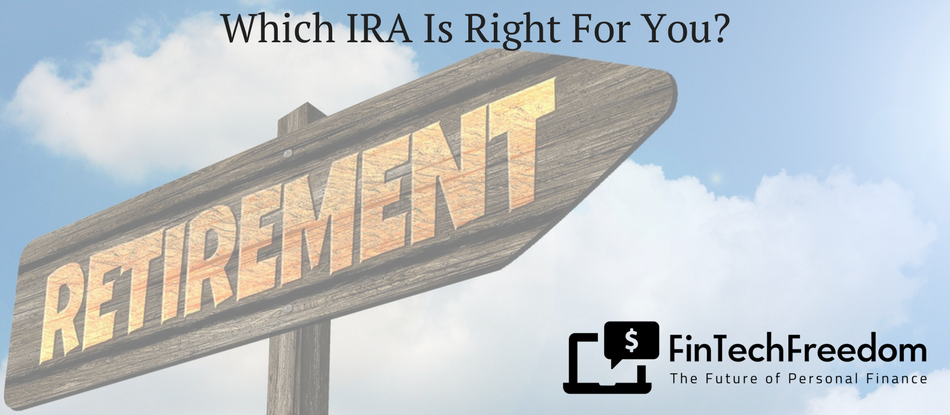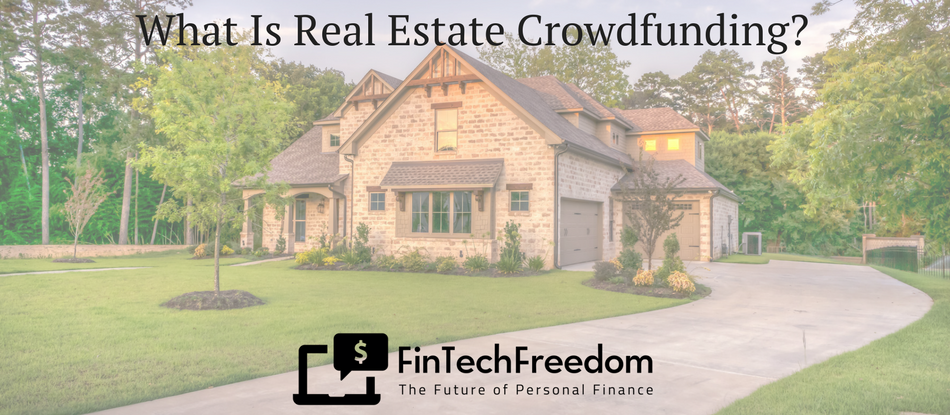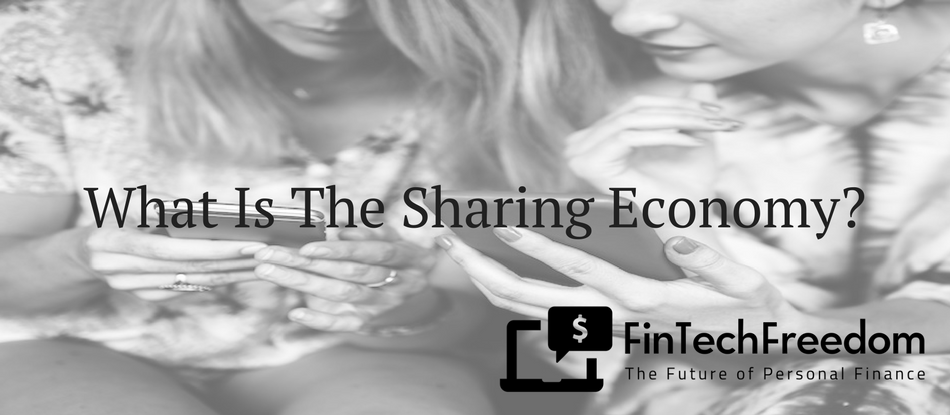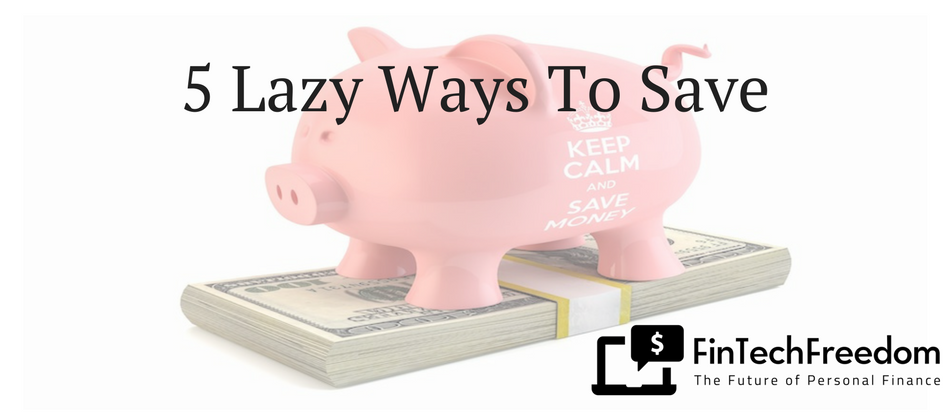One of the things I enjoy most about the fintech and personal finance communities is reading all of the excellent content that other fellow bloggers produce. Here you will find our favorites from March 2018.
Personal Finance Posts
Since this is the first roundup edition some of these posts are not from the past week but I wanted to include them because of the amount of value I received from reading them.
The Financial Literacy Problem by the Visual Capitalist
With only a handful of states requiring that financial literacy is taught in the classroom, it isn't surprising to learn that 70% of 18-39-year-olds recognize they need to be more financially secure but don't know how to get there. The visual capitalist puts out amazing infographics on personal finance and this one caught my eye! This infographic not only points out the statistics around financial literacy but the impact that the lack of this knowledge has on individuals and families.
Inequality in the Stock Market by Ben Carlson at A Wealth of Common Sense
A look at the history of the stock market since the 1970's and a solid reminder why the stock market is still the place to be and why.
Control Personal Finance: 5 Influential TED Talks by GainInfinity
TED Talks are one of the great ways to gain knowledge. In fact, one of my favorites was one I had the unique opportunity to be a part of. It was delivered by my good friend Lawrence Lessig. This post outlines 5 TED Talks on personal finance that anyone could benefit from.
Credit score for mortgage: The good, the bad, and the ugly by Tony Tran at I Will Teach You To Be Rich
If you are in the market to purchase a home not only does this article briefly review the loan options but it also goes into the credit score brackets and breakdowns of where you should aim to be. If it were up to me – nobody would be focused on their credit score. Instead, the focus should be on getting out of debt and staying out of debt. After all, the only purpose of a credit score is to see how worthy you are of going into debt.Obviously, if you can avoid debt altogether you will be in a much better position throughout your life!
14 Shocking Statistics About The Things We Spend Money On by Making Sense Of Cents
Some of these statistics were shocking! For example, the average household has 300,000 items. Crazy! Oh, and nearly 10% of households waste spend money on a storage unit.
Real Estate Posts
4 Reasons Cryptocurrencies & Blockchain Technology Are Poised to Transform Real Estate by Christopher Gill at Bigger Pockets
I was at a conference this past Friday at Boston University on the future of money. The conference focused on the impact of the blockchain. It was informational and eye-opening. And yes, the blockchain will be transformative and Real Estate is just one of those ways!
Real Estate Crowdfunding Comparison List from InvestorJunkie
Hands down THE BEST real estate crowdfunding comparison list out there! There have been a number of new crowdfunding platforms coming on the scene in the last few years with the rise of the peer to peer and passive income platforms. If you are thinking about crowdfunding platforms this is a must see!
Passive Income Posts
How To Make Passive Income: A Guide for Real People from Millennial Money Man
This post was originally published last summer but it is one of the most comprehensive passive income posts I have come across.
Ranking The Best Passive Income Investments by Financial Samurai
Another post published prior to this week but certainly one I wanted to highlight. Sam over at Financial Samurai put together a comprehensive passive income list that he put a ranking system on. The ranking system ranked risk, return, feasibility, liquidity, and activity. Sam is another one of the many bloggers who develops fantastic content and I hope to meet at FinCon in September!
Speaking of FinCon…FinCon is an annual conference of personal finance bloggers. The conference will be in Orlando this year in September. It is organized in conjunction with Rockstar Finance which is the place that all personal finance bloggers spend their time (when we are not at FinCon that is) For me, I am looking forward to attending my very first fincon in September with CafeCareerCoach!
Living A Better Life Post(s)
Some Lessons For Living From Older Generations by Ben Carlson at A Wealth of Common Sense
Another from A Wealth of Common Sense…this one will help to put everything in perspective. Plus, a few wise bits of information that all of us can learn from!
Podcasts
Mr. Money Mustache – Living Beautifully on $25-27K Per Year by Tim Ferris at The Tim Ferris Show
Two great speakers and experts coming together.
Dave Rants About the Equifax Leak by The Dave Ramsey Show
If you are struggling with getting out of debt there is nobody better at helping you get out of debt than Dave Ramsey. Dave's daily podcast is always great but I found this one particularly entertaining and enlightening. If you like the podcast linked above – Never Give Up is another great one.
What Really Happens When We Die by The Word On Fire Show
Bishop Robert Barron is an incredibly inspirational and inspiring speaker. I always look forward to listening to the new Word On Fire podcasts when they are released.
Please share and subscribe if you have found this content to be worthwhile. I plan to do similar posts each and every week.






